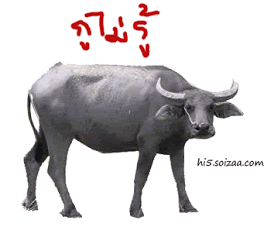The Farang Cultural Divide
-
Recently Browsing 0 members
- No registered users viewing this page.
-
Topics
-
-
Popular Contributors
-
-
Latest posts...
-
43
'Very insulted': Trump tells G7 members they've hurt Putin's feelings
There sure are a lot of those here on AN. -
10
Trump’s former surgeon general is now one of his most pointed critics
Ya Trump did, as posted above already from the BBC: "And then I see the disinfectant where it knocks it out in a minute. One minute. And is there a way we can do something like that, by injection inside or almost a cleaning? "So it'd be interesting to check that." Pointing to his head, Mr Trump went on: "I'm not a doctor. But I'm, like, a person that has a good you-know-what." https://www.bbc.com/news/world-us-canada-52407177 -
-
80
I take care family. Are bargirls really good mothers?
Anyone who thinks most of these girls have rented to thousands has not been to Thailand and doesn't have a clue. If you visit Pattaya, where a large number of girls are for hire, it's obvious that most of these girls have a very hard time reaching one rental a month if they are lucky. The customer-to-girl ratio is very low, especially now in the low season, and the competition is steep. It's not a good way for most to make money. Most of them are just trying to get some drink commission, and most end up leaving and going back to their provinces due to a lack of business and "no money". The only reason the place is loaded with girls is that so many come to try, and most fail. They hear about the success stories and want to try for themselves to win the jackpot. It's quite sad to see how they struggle to make money. If expats and tourists stopped thinking with their penises and used their brains, they would know what really goes on. -
57
The effects Israel's aggressive war against Iran will have on you
The number of civilian dead, the destroyed civilian buildings seem to tell a different story and make a mockery of the "iron dome" hype. -
50
Motorcycle tyres - any advice please (bad roads)
And wat happens when tires getting warm?
-
-
Popular in The Pub



.thumb.jpg.3ee24d9400fb02605ea21bc13b1bf901.jpg)



.thumb.jpeg.d2d19a66404642fd9ff62d6262fd153e.jpeg)

Recommended Posts
Create an account or sign in to comment
You need to be a member in order to leave a comment
Create an account
Sign up for a new account in our community. It's easy!
Register a new accountSign in
Already have an account? Sign in here.
Sign In Now